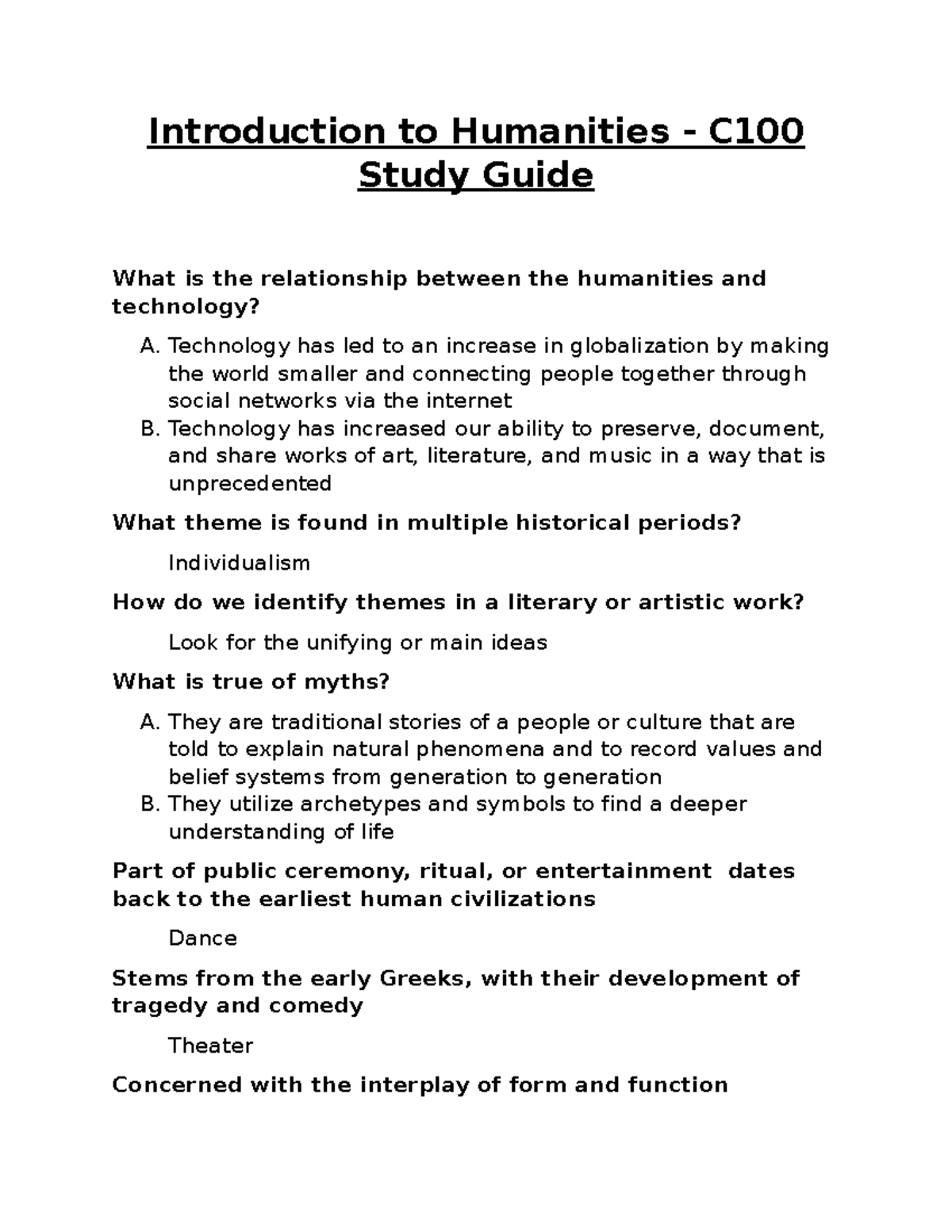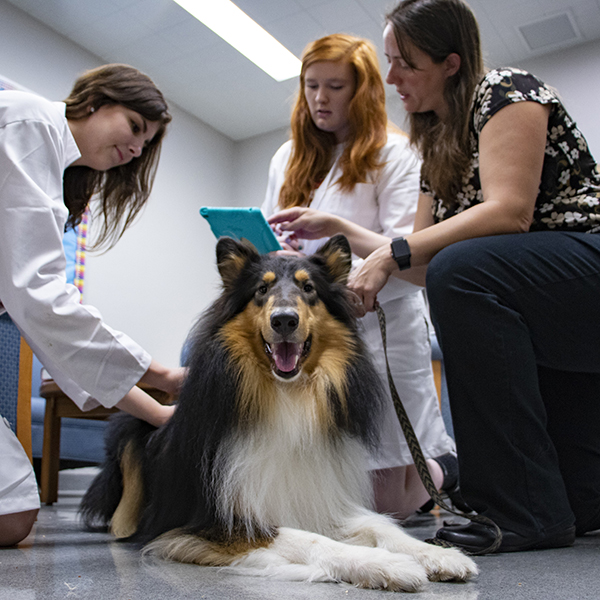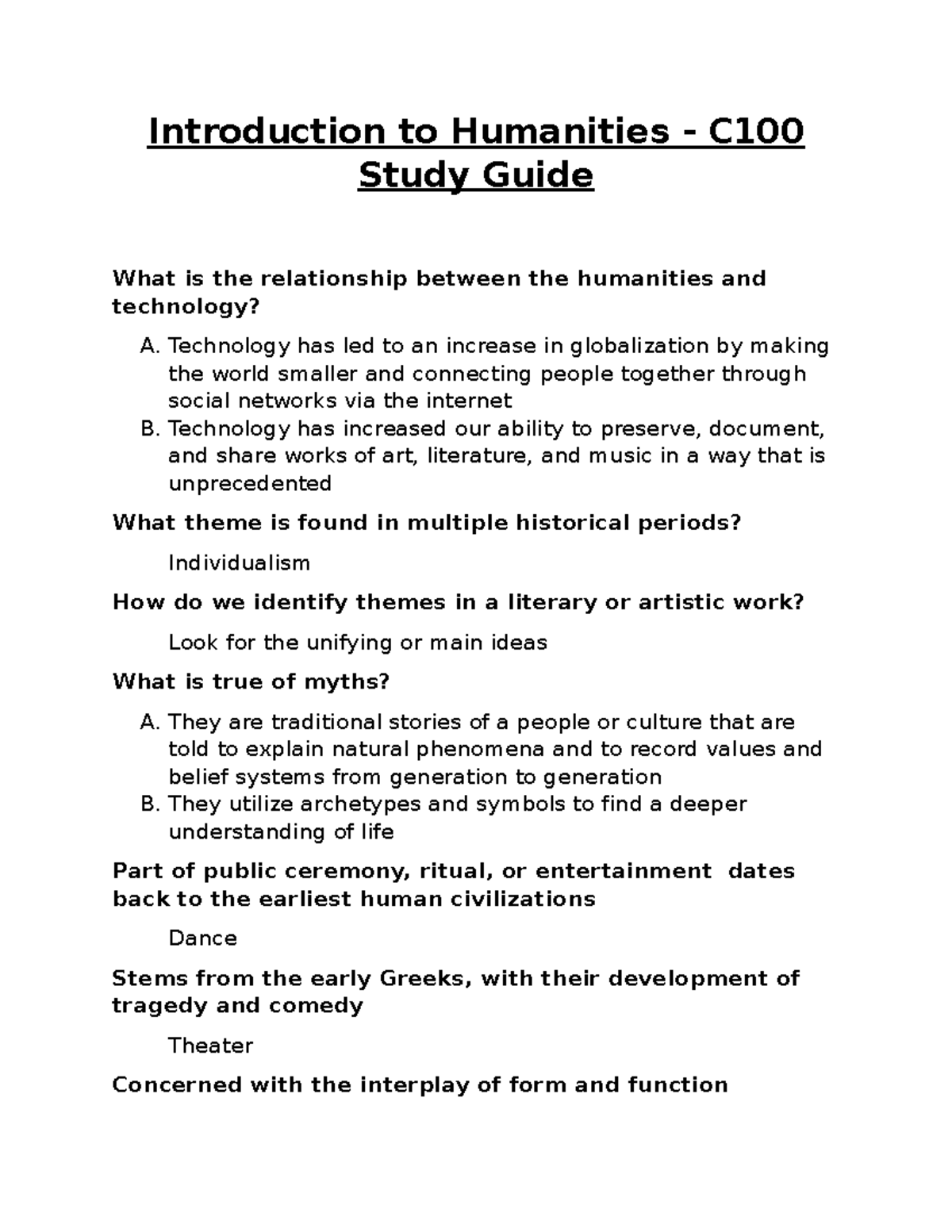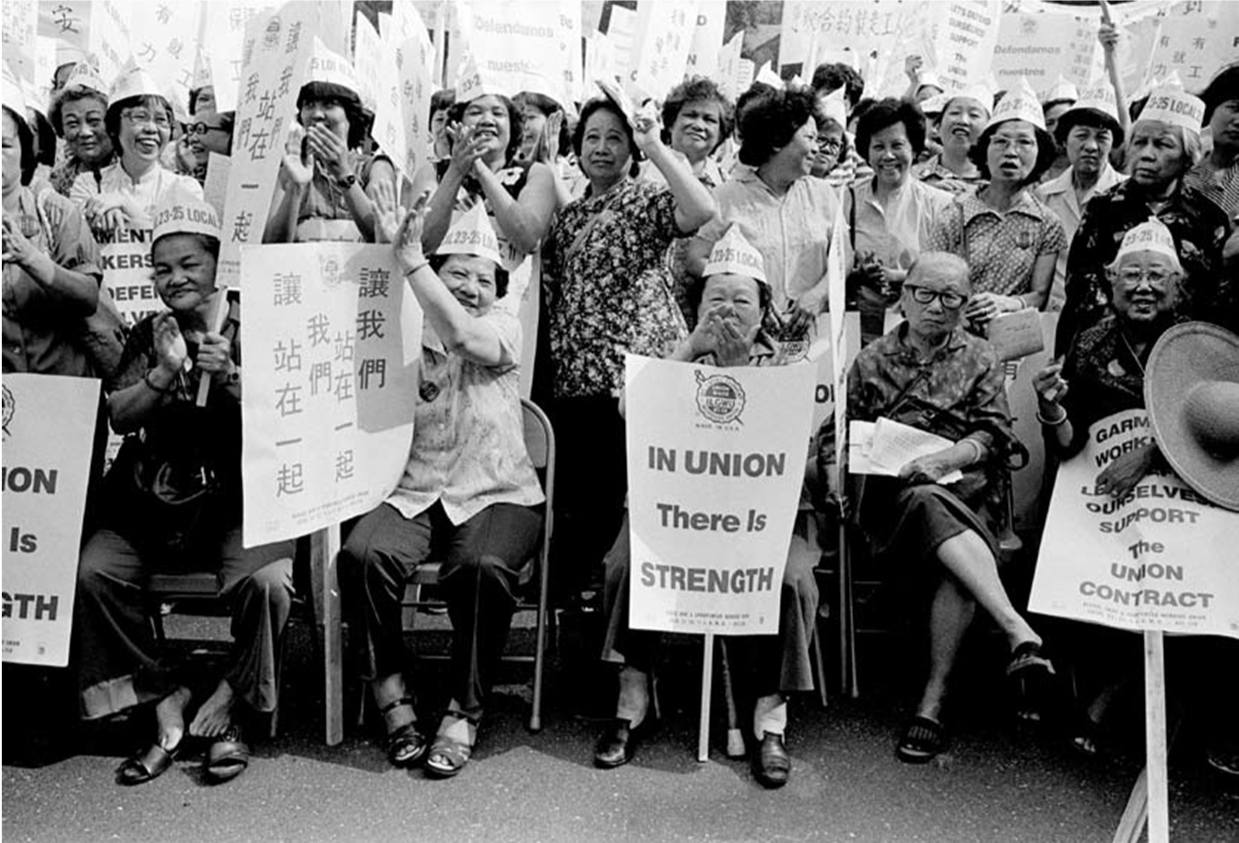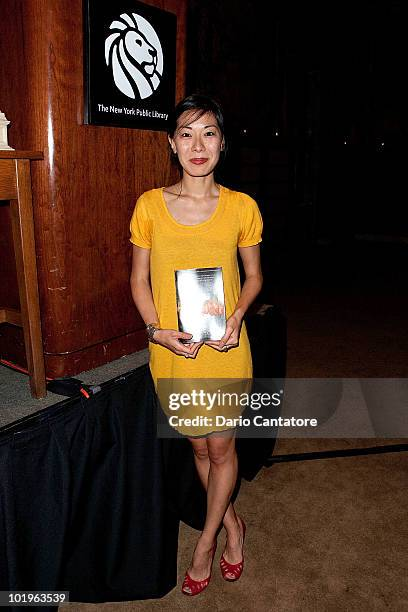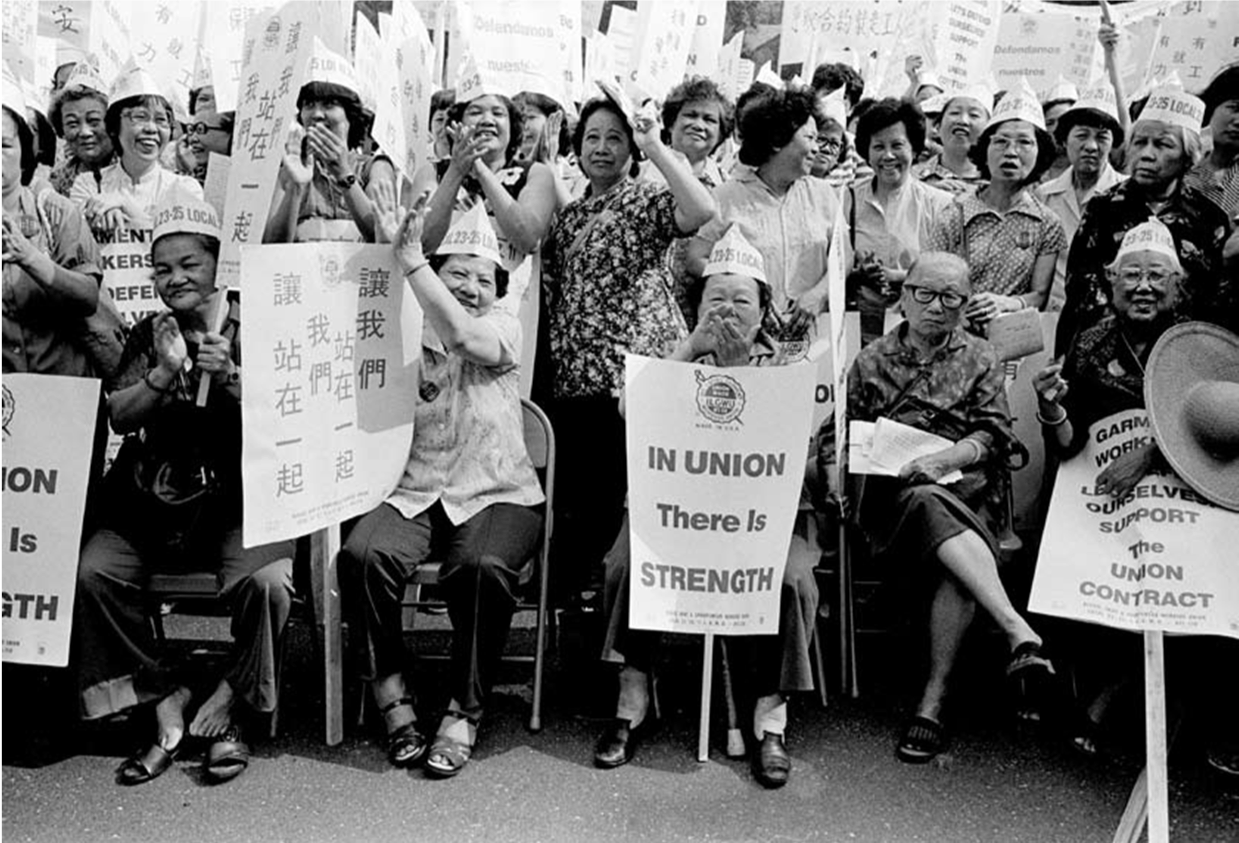Introductory humanities courses are designed to engage first-year students in the vibrant world of arts and culture, inviting them to explore complex ideas that shape human experience. At top institutions like Harvard, these engaging humanities courses provide a unique entry point into the myriad disciplines that make up the humanities, from philosophy to literature to the visual arts. As students embark on their college journey, an effective “intro to humanities” course can not only spark their interest but also encourage them to weave their personal narratives with global ideas. This initiative reflects a growing acknowledgment of the importance of arts education initiatives that foster critical thinking and deep understanding in a rapidly changing world. Ultimately, these introductory courses aim to cultivate a generation of thinkers who appreciate the richness of human expression and its impact on society.
Freshman-level courses in the humanities serve as a critical bridge for new students, immersing them in the diverse and intellectually stimulating landscapes of arts and letters. These foundational courses, often termed first-year humanities courses, introduce students to a broad array of topics, encouraging them to engage with significant philosophical questions and cultural texts. With an emphasis on creativity and critical analysis, these courses underscore the role of arts education in shaping well-rounded individuals. By focusing on essential themes in human existence, introductory courses aim to inspire students to develop a passionate curiosity about the world around them. As institutions strive to revitalize interest in the humanities, these classes play a pivotal role in connecting students with the rich tapestry of human culture.
Redesigning Introductory Humanities Courses for First-Years
In a bold move to rejuvenate interest in the arts and humanities among incoming students, Harvard is launching nine innovative introductory courses this fall. The initiative spearheaded by Dean Sean Kelly aims to capture the attention of first-year students who may feel disconnected from traditional humanities curricula. By revamping the course offerings and aligning them more closely with students’ interests and contemporary issues, these courses seek to bridge the gap between high school and college education in the humanities. Such engaging humanities courses are crafted to foster a deeper appreciation for various artistic forms and philosophical inquiries, which are critical for cultivating well-rounded individuals.
The decision to revamp these introductory courses stems from the concerning statistic that nearly half of first-year students lose interest in arts and humanities by the time they declare their concentrations. This trend highlights a significant disconnection in how these subjects are engaged with at the high school level versus college. New courses like ‘Migration and Border Crossing in Film and Photography’ and ‘Introduction to the Medical and Health Humanities’ are designed to resonate more with students’ lives, igniting curiosity and passion for the field. The initiative is a crucial response not only to declining enrollment but also to the broader need for a more relevant and inclusive humanities education.
Influencing Student Engagement Through Unique Course Offerings
The introduction of uniquely focused courses represents a strategic shift in engaging first-year students and redefining their approach to the humanities. Courses such as ‘Language,’ led by Professor Kathryn Davidson, address not just the study of language but its practical implications in everyday life, fostering communication and critical thinking skills. Similarly, ‘Bob Dylan the Classic’ not only celebrates the cultural significance of music but encourages students to explore literature through modern lenses. These offerings underscore the importance of arts education initiatives that connect students personally with course material, presenting the humanities as a vibrant and relevant field.
By embedding contemporary themes and questions into the curriculum, these courses help demystify the humanities for newcomers. Students are encouraged to explore fundamental human experiences through a diverse array of artistic expressions—from literature to visual arts—making the learning process engaging and relatable. Such integration of popular culture and traditional humanities allows first-year students to see the relevance of these disciplines in understanding and navigating their own lives, fostering a more profound connection to their studies and promoting sustained interest throughout their academic journey.
The Importance of Engaging Arts Education Initiatives
Engaging arts education initiatives are essential in cultivating a rich scholarly environment that encourages creativity and critical thinking. Dean Sean Kelly’s approach in creating introductory humanities courses is a case in point, demonstrating how thoughtfully designed curriculum can invite students into deeper explorations of art, culture, and philosophical inquiry. The implementation of courses that tackle pressing social issues or dissect contemporary pop culture ensures that students not only learn but actively participate in discussions that shape their understanding of their world.
The emphasis on engaging the first-year cohort signifies a broader trend within higher education to rethink traditional pedagogical models. By selecting topics that resonate with students and fostering an atmosphere where diverse voices and perspectives are welcomed, these arts education initiatives can transform reluctance into enthusiasm for the humanities. The positive impact of such programs will not only reflect in enrollment numbers but also in the development of students who appreciate the intrinsic value of exploring human culture through various artistic lenses.
Creating Meaningful Connections in Arts and Humanities
One of the key objectives of the newly crafted introductory humanities courses is to create meaningful connections between the material and the students’ experiences. By focusing on relatable themes and utilizing varied media, faculty aim to engage students in discussions that are not one-dimensional. For instance, the course ‘Reading for Fiction Writers’ integrates critical reading with the creative writing process, showing students the interplay between literature and their own storytelling. This dual approach invites participation from students with diverse interests, emphasizing that understanding the past is essential to shaping future narratives.
In this way, the redesigned humanities courses serve a dual purpose: they act as an academic springboard for first-years while also encouraging reflective thinking about their own lives. As students read and analyze texts, they are prompted to reflect on their personal narratives and social contexts, enhancing their comprehension of complex human experiences. These meaningful connections are essential in instilling a sense of ownership over their education and fostering a lifelong appreciation for the humanities.
Empowering Students Through Critical Thinking and Reflection
Critical thinking and reflection are emphasized as core components of the restructured introductory humanities courses. These courses are not just about consuming knowledge; they challenge students to engage with it, critique it, and apply it to their world. For example, courses focusing on contemporary issues in humanities prompt students to analyze the social implications of art and literature, encouraging them to think critically about the messages conveyed through various forms of media. This active engagement fosters essential skills that students will carry through their academic and personal lives.
Moreover, these humanities courses empower students by fostering an environment of inquiry. In classes like ‘Humanity, Technology, and Creation,’ students ponder significant questions that dissect the relationship between humanity and technological advancements, prompting them to consider ethical implications and societal impact. This reflective practice not only invigorates students intellectually but also cultivates a greater sense of social responsibility, preparing them to be thoughtful contributors to society.
The Role of Faculty in Shaping First-Year Experiences
Faculty engagement is crucial in shaping the first-year experience within the humanities. Professors are taking active steps to ensure that their courses are not just informative but also transformative. By drawing from their expertise and personal experiences, faculty members create dynamic learning environments where discussions thrive. Professors such as Karen Thornber and Richard F. Thomas are at the forefront of this initiative, designing courses that reflect their passion for their subjects and a commitment to student engagement.
This faculty-centric approach fosters mentorship, where educators guide students through the complexities of their disciplines. By building strong rapport with first-year students, professors not only ignite a passion for the humanities but also nurture their confidence as learners. This connection is vital for a successful academic journey, as it provides students with the support they need to navigate potential challenges and realign their interests within the broader context of their education.
Transforming Perceptions of the Humanities
Transforming perceptions of the humanities requires a concerted effort to showcase the relevance and significance these fields hold in contemporary society. The newly introduced courses aim to dismantle the misconception that humanities are outdated or irrelevant. By utilizing current cultural references, such as contemporary literature and film, and linking them to classic philosophical inquiries, these courses underscore the importance of understanding human experience in a changing world.
As students engage with these materials, they begin to see the humanities not as a collection of dusty texts but as a living discourse that speaks to their realities. This shift in perception is vital not only for attracting students but also for revitalizing the entire field, encouraging a new generation to appreciate the arts and humanities as essential to addressing the complexities of modern life. Highlighting the intrinsic value of critical thought, cultural literacy, and creative expression will undoubtedly foster a vibrant and engaging humanities community.
Navigating the Challenges of Declining Interest
Navigating the challenges posed by declining interest in the humanities involves innovative curricular strategies and a thoughtful approach to engaging students. The ongoing initiative at Harvard reflects a proactive response to national trends, particularly the alarming statistic revealing that only a fraction of first-years remain committed to pursuing humanities studies. By offering courses that interconnect with students’ daily experiences and current global issues, educational institutions can attract curious minds back to these fields.
Furthermore, by demystifying the intricacies of humanities study, institutions like Harvard can break down barriers that prevent student engagement. Emphasizing relatable content, diverse perspectives, and practical applications ensures that students recognize the value of deeper inquiry within their disciplines. Successfully addressing the challenges of declining enrollment ultimately relies on creating a comprehensive educational framework that celebrates the richness of the humanities in accessible and compelling ways.
The Future of Arts and Humanities Education
The future of arts and humanities education lies in adaptability and responsiveness to students’ evolving needs. As the landscape of higher education continues to shift, it is imperative that curricula remain relevant and engaging. The introduction of innovative introductory courses at Harvard presents a forward-thinking model, demonstrating that when faculty and administration collaboratively focus on student interests, the impact on enrollment and engagement can be profound.
By embracing interdisciplinary approaches and integrating technology into the curriculum, the humanities can remain dynamic and impactful for future generations. The positive trajectory seen through the new arts and humanities initiatives positions Harvard to lead the way in redefining the role of these critical fields in academia. As students embark on their educational journeys, they will find a renewed sense of purpose and discovery within the realms of arts and humanities, setting the tone for a bright future in these vital disciplines.
Frequently Asked Questions
What are introductory humanities courses, and why are they important?
Introductory humanities courses are foundational classes designed to immerse first-year students in the study of arts, culture, philosophy, and literature. These courses are vital as they engage students with critical questions about human existence, allowing them to explore diverse perspectives and enhance their critical thinking skills. By participating in engaging humanities courses, students can build a deeper understanding of culture and creativity that is crucial for their overall education.
How does Harvard’s approach to introductory humanities courses enhance student engagement?
Harvard’s initiative to revamp introductory humanities courses focuses on creating engaging experiences for first-year students. With a curriculum that draws from health humanities, migration studies, and literary analysis, these courses are designed to resonate with contemporary issues and students’ interests. By emphasizing the intrinsic value of studying the humanities, Harvard aims to keep students motivated and connected to the arts and humanities throughout their academic journey.
What topics are covered in Harvard’s introductory humanities courses?
Harvard’s introductory humanities courses cover a wide variety of topics, including the medical and health humanities, literary translation, and the impact of culture on identity. Courses such as ‘Bob Dylan the Classic’ and ‘Migration and Border Crossing in Film and Photography’ explore significant cultural texts and themes, encouraging students to critically engage with the world around them. These topics not only foster a love for the arts but also help students understand the broader implications of their studies.
Why is it crucial for first-year students to take introductory humanities courses?
Taking introductory humanities courses is crucial for first-year students as these classes provide essential skills for understanding human experiences and cultures. They encourage students to think critically and analytically, fostering skills that are applicable in any field of study. By engaging in these courses, students learn to appreciate art, literature, and philosophy, which enriches their perspectives and can influence their chosen career paths.
How can introductory humanities courses shape a student’s academic journey?
Introductory humanities courses can significantly shape a student’s academic journey by introducing them to essential philosophical questions and cultural narratives. These courses provide a structured foundation that helps students identify their interests within the humanities. As they engage with diverse texts and ideas, students gain insights that can guide their future studies and career goals, ultimately enhancing their overall academic experience.
What can students expect to gain from introductory humanities courses at Harvard?
Students can expect to gain a multifaceted understanding of human culture and expression from introductory humanities courses at Harvard. They will develop critical reading and analytical skills, engage with transformative ideas, and learn to articulate their thoughts through writing and discussion. Such courses also emphasize the intrinsic value of humanities studies, aiming to inspire a lifelong appreciation for arts education and cultural engagement.
How does the initiative to enhance introductory humanities courses address enrollment challenges?
The initiative to enhance introductory humanities courses directly addresses enrollment challenges by reshaping the curriculum to align with the interests and experiences of today’s students. By offering a variety of engaging topics and fostering meaningful connections to contemporary issues, Harvard aims to attract more first-year students and retain their interest in the humanities, countering the nationwide decline in enrollment in these vital fields.
What role does storytelling play in introductory humanities courses?
Storytelling plays a crucial role in introductory humanities courses as it serves as a fundamental method for exploring human experiences and societal narratives. By analyzing texts and engaging in creative writing, students learn how stories influence perceptions and behaviors. This exploration of narrative enhances their understanding of culture, identity, and the human experience, making it a vital aspect of their studies in the humanities.
| Key Points | Details |
|---|---|
| Introduction of Nine New Courses | Launching as part of an initiative to engage students in arts and humanities. |
| Response to Enrollment Decline | Only 12% of first-years are interested in arts and humanities, and many change their minds by the time they declare concentrations. |
| Statistics Highlighting the Problem | Half of first-year students lose interest in arts and humanities by concentration declaration. |
| Influences on Course Design | Previous debates (‘Canon Wars’) have complicated the understanding of what constitutes great works in humanities education. |
| Examples of New Courses | Courses on topics such as ‘Medical and Health Humanities’, ‘Migration and Border Crossing’, and ‘Humanity, Technology, and Creation’. |
| Focus on Intrinsic Values of Humanities | Courses aim to emphasize the importance of understanding literature and philosophy beyond their functional applications. |
Summary
Introductory humanities courses at Harvard are being revamped to better engage students and address declining enrollment in these vital fields. The initiative includes the introduction of nine new courses designed to cater to students’ interests and highlight the intrinsic value of the humanities. By fostering a more engaging and meaningful exploration of arts and culture, these courses aim to transform the educational experience and cultivate a lifelong appreciation for the humanities.
